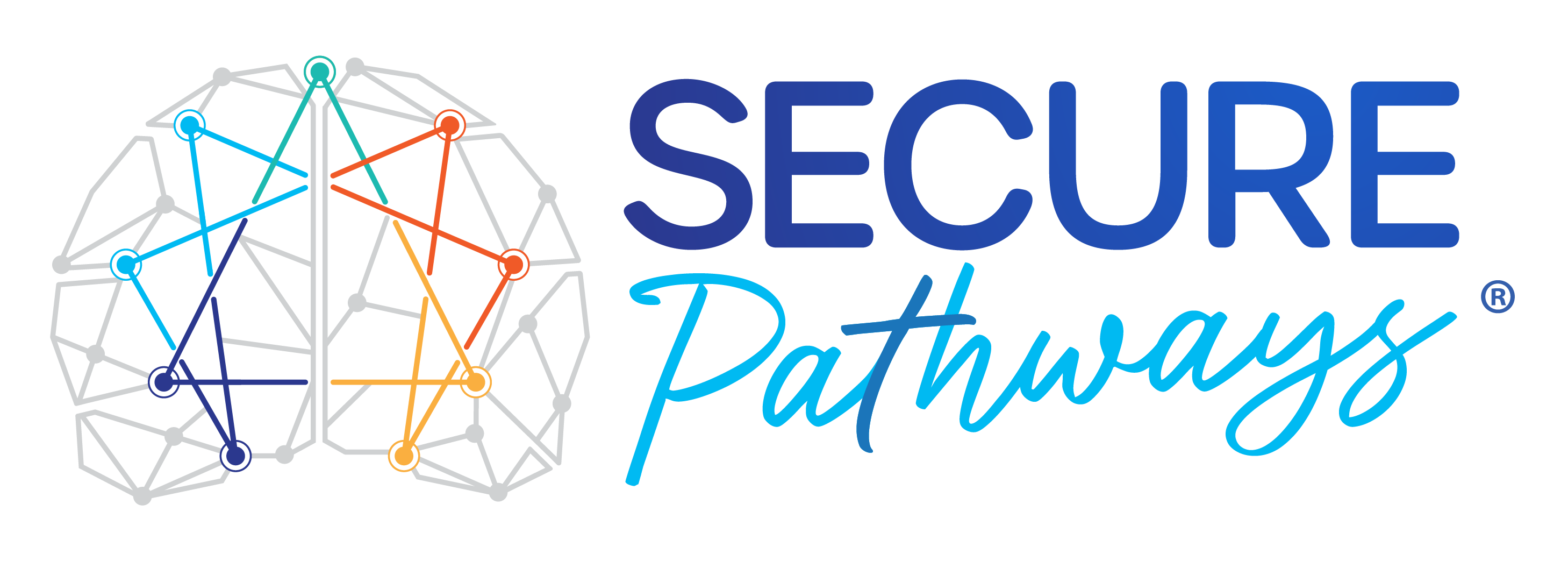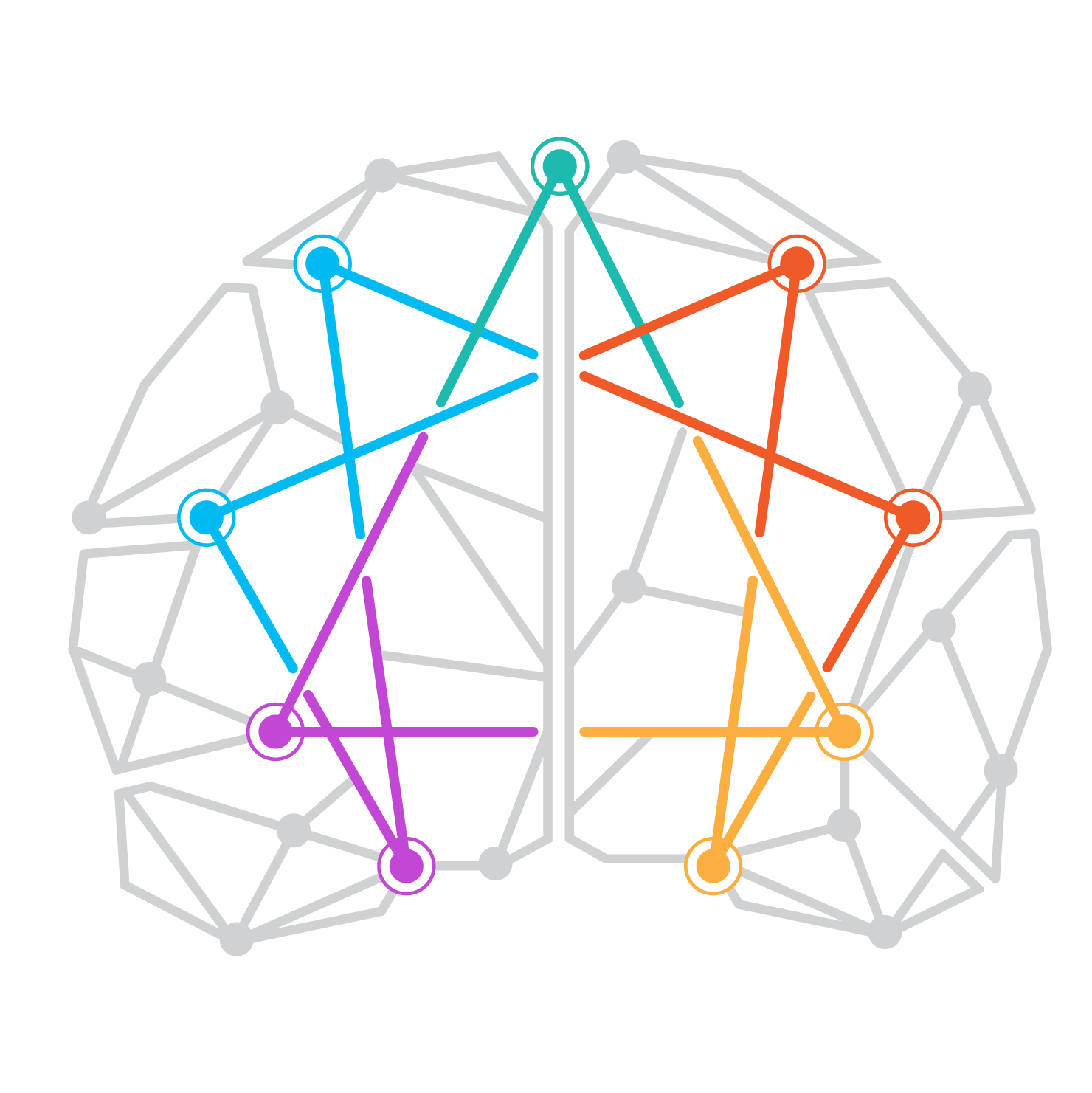As adults, if we don’t regulate our emotions, we can act in destructive, unsafe, or unhealthy ways. We may shut people out or shut them down or become enmeshed with those close to us. When we suppress or ignore our emotions, they often come out in unexpected ways and at times we can’t anticipate. If we ignore our emotions, we may struggle to feel joy or connection.
There is quite a bit of research data to support the importance of Emotional Intelligence, which is recognizing and appropriately managing your emotions and picking up on and responding to other people’s emotions. Emotional intelligence is linked with many positive outcomes. Some researchers found that emotional intelligence was correlated with better academics, decreased stress, healthier coping strategies, and better cognitive performance (after removing the effect of general intelligence).* Another group of researchers reported that emotional intelligence was related to better work performance, increased job engagement, job satisfaction, psychological well-being, better interpersonal relationships, quality of patient care (for healthcare workers), and lower levels of illness.**
If all of those positive outcomes listed above are not enough motivation to want to be emotionally attuned, let me add some more. Maybe the most important reason to learn to deal with your own emotions is to help you be the best parent you can be! (Refer to the blogs dated July 8, 15, and 23, 2024 for more direction on how to recognize and work through your own emotions.)
Here are some reasons why we, as parents, need to regulate and address our emotions:
- Children need their world (especially their home life) to be predictable and safe and secure. In order to provide a stable and predictable environment, you need to be able to manage your own feelings. If your emotions are all over the place, your children are going to feel that rollercoaster, which likely will feel chaotic to them.
- You need to stay in control of yourself so you can be the (kind) authority figure and be in charge in a way that kids feel like “Mom or Dad’s got this!”
- You want to maintain a matter-of-fact demeanor when dealing with your children’s behaviors or emotions.
- You have to be regulated in order to meet your children’s needs (whether for exploration or connection or help with their emotions).
- This will allow you to stay connected to your kids. If you are unkind because you are mad or if you are absent because you are focused on your own emotions, this slowly erodes your relationship with your children if it is a pattern.
- If we are regulated, then we can think clearly and are able to honestly express emotions to our children (that are appropriate to say and for them to hear).
- It allows us to model how to handle and regulate feelings. Your children learn about emotions and how to regulate by watching you.
I want to say that if you struggle to regulate your emotions, it is not too late to work on that. I promise that would be one of the best gifts you could give to your children!
If you are looking for some support to address your own emotions, don’t forget that I offer Enneagram and Self-Awareness coaching, as well as Attachment-Focused Parenting Coaching.
Other options include seeking out therapy or a good friend (who has good emotional intelligence). You may find some of the book listings on my website (especially in the Emotions or Parenting categories) helpful.
Citations:
*Romanelli F, Cain J, Smith KM. Emotional intelligence as a predictor of academic and/or professional success. Am J Pharm Educ. 2006 Jun 15;70(3):69. doi: 10.5688/aj700369. PMID: 17136189; PMCID: PMC1636947.
**Karimi, L., Leggat, S.G., Bartram, T. et al. Emotional intelligence: predictor of employees’ wellbeing, quality of patient care, and psychological empowerment. BMC Psychol 9, 93 (2021). https://doi.org/10.1186/s40359-021-00593-8.



